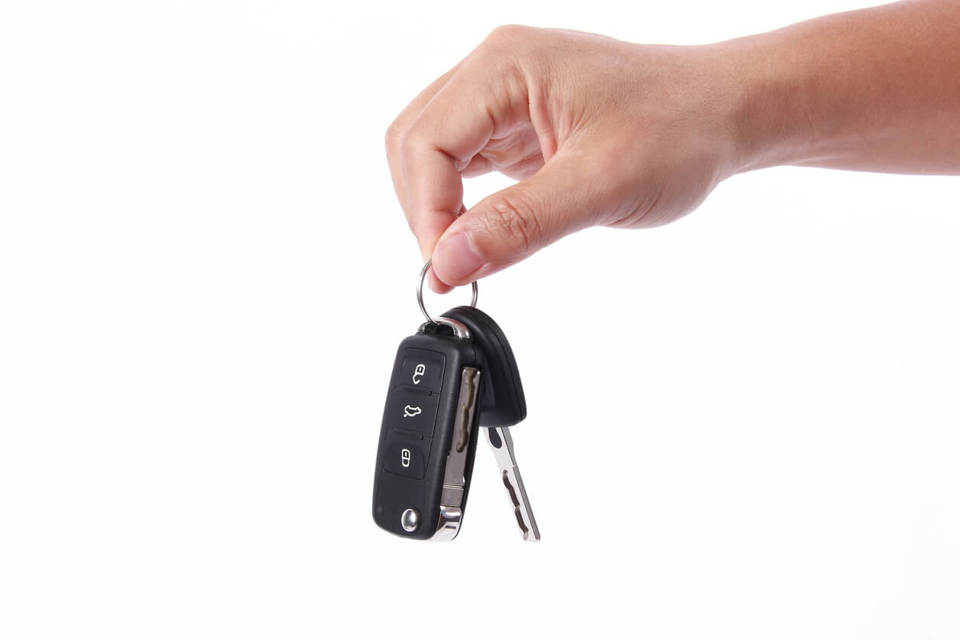Fleets are becoming increasingly frustrated with falling customer service levels for new vehicle deliveries, according to the latest Fleet News at 10.
Panellists expressed their frustration with electric vehicles (EVs) arriving with little charge and internal combustion engine (ICE) cars with only a small amount of fuel.
The issue appears to be confined to those manufacturers that have switched to an agency model, which fleets say results in reduced incentives for the local dealers to maintain a high level of service to fleets.
Paul Hollick, chair of the Association of Fleet Professionals (AFP), told Fleet News at 10 that the issue has been “gradually brewing” over the past couple of years.
“Before, we had direct sales agreements in place where there was a relationship between us as fleet operators and the local and national dealerships we were supporting,” he said. “And, gradually it’s becoming a little bit more of a benign relationship, a little bit more robotic, a little bit clicks rather than relationship building.”
He added: “What’s really irritating is vehicles arriving without any fuel and EVs arriving with no charge.
“It’s just those little bits of TLC that we used to experience from our preferred dealer network, but nobody seems to care that much now.”
Some fleets, according to the AFP, believe it is a by-product of the pandemic, when vehicle supplies were strained and customer service to fleets suffered. However, with vehicle availability back on track, it wants service levels for vehicle deliveries to improve.
The agency model is a distribution strategy where the OEM is the legal and primary seller of vehicles to the consumer, with the dealer acting as an ‘agent’ for the OEM in selling and servicing vehicles.
For a number of brands, including VW Group, fleet sales are already processed via an agency model.
Key characteristics of agency, in its purest form, include OEM vehicle ownership as well as their control over national pricing.
“It is having a big impact both operationally and financially,” Chris Connors, ISS
The AFP operates a 28-point Dealer Standard, designed to ensure that fleet cars and vans are delivered in excellent condition to the end user, who is then shown the fundamentals of how to operate the vehicle and always treated courteously.
Several major dealer groups have signed up to this accreditation since its launch in 2022 and the AFP reports that it is working well in those instances.
Chris Connors, head of fleet and travel at ISS, said: “The relationships have been lost, in my opinion, and this is really impacting the customer services and communications.”
Citing his experience of having cars and vans delivered with no fuel or charge, he added: “It is having a big impact both operationally and financially. It’s just not much fun with this kind of working relationship.”
Appearing alongside Connors for February’s Fleet News at 10, Lorna McAtear, joint deputy chair of the AFP and head of fleet at the National Grid, says the problem is vehicles are being “churned out” as fast as possible.
“All the handover stuff is missing,” she said. “It’s been slipping for a long time; it slipped during Covid, where they felt that they didn’t have to do anything, and it’s just not come back.”
Dale Eynon, director of Defra Group Fleet Services, also believes that delivery standards have declined. “Manufacturers need to think about that whole piece around the customer service experience when they deliver the new car,” he told Fleet News at 10.
“But I’d also implore lease cos to think about that collection of the old vehicles as well, because it all feels to be commoditised to a point where it’s not really right.”
From a leasing company perspective, Zenith fleet consultant, Nicola Austin, explained that the agency model employed by some manufacturers is taking away the industry’s ability to leverage volume buying into customer service.
She said: “We’re not able to form those relationships with a dealer network so we can get that good customer service at the point of delivery and sort out those niggles.”
However, she stressed that not all manufacturers are employing an agency model. “Jaguar Land Rover have said, for retail, they’re not going to go to the agency model recently,” added Austin.
“There are going to be two systems for a while, I think we’ll have to see how it shakes out.”
Hollick hasn’t lost hope. “I think agency could work, it just needs to be handled in a better way where there’s still that ability for dealers to feel like they’re making some good money, but the relationship they have at grass roots level is really important and they invest in it in the right way,” he said.
“There’s a lot to be done from an OEM perspective, so I think the most important thing is they listen.”
For more from Fleet News on dealership agency model plans, click here. To watch the discussion about how customer service levels for deliveries have fallen for fleets, see below.





















Login to comment
Comments
No comments have been made yet.